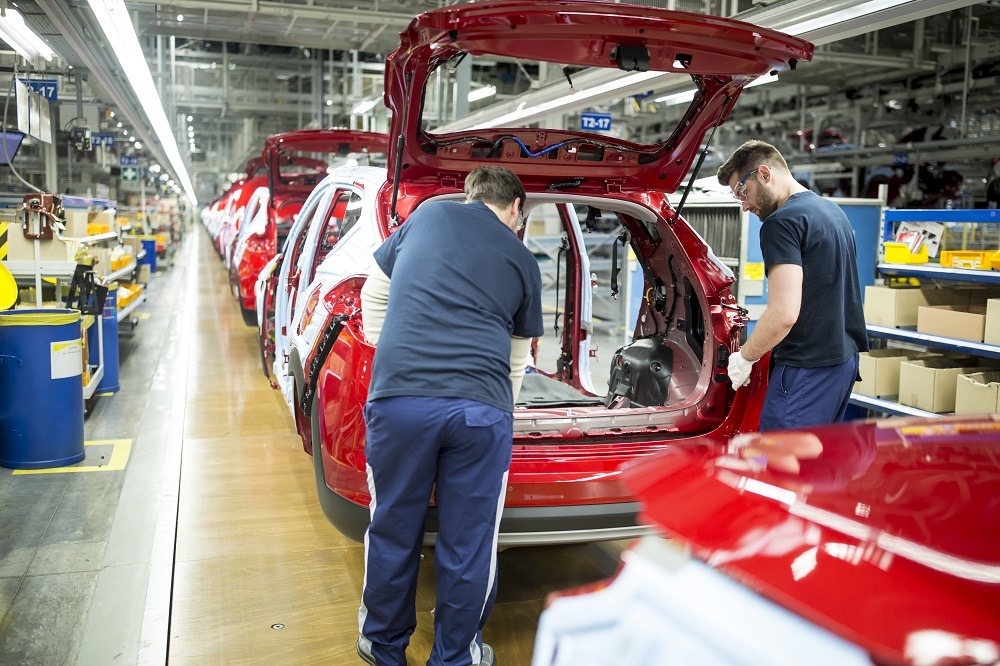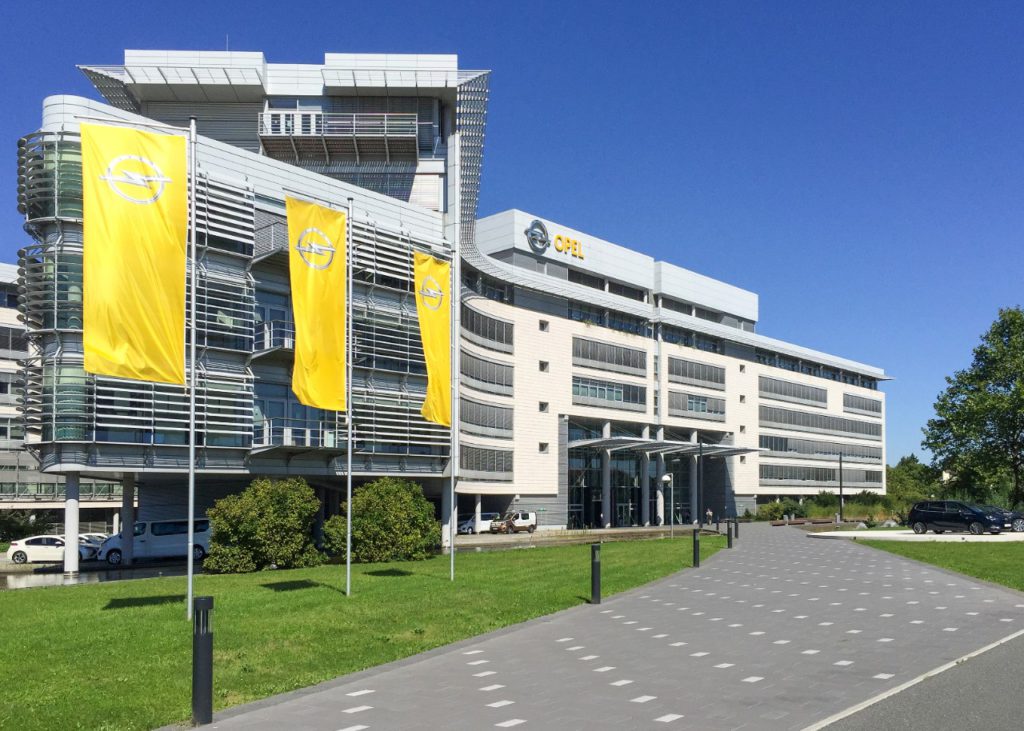Job worries in Italy and Germany as electrification looms
23 November 2021

Unions in Europe have warned that the transition to producing electrically-chargeable vehicles (EVs) could cost the industry countless jobs if workers are not retrained. Large-scale redundancies are likely to sweep across the continent without training opportunities or alternative job offerings.
Europe’s massive supplier industry is set to be particularly affected as many small- and medium-sized companies rely on making parts for internal-combustion engines (ICE) that will be phased out in the EU by 2035. Recent developments in Italy and Germany paint a grim picture for workers, worried about their future.
Italy risks losing 60,000 jobs
Italy‘s main metal workers‘ union warned that the shift to electromobility could put 60,000 jobs at risk in the country. The Italian Federation of Metal Mechanics (FIM-CISL) said the sector was overwhelmed by changes and called on government support. ‘FIM-CISL will not silently witness the decline of one of the most important industrial sectors in our country and the consequent negative impact on employment,’ the union said in a statement.
It demands the establishment of a government fund to protect workers, as well as small- and medium-sized businesses that may be forced to close unless tax breaks and incentives are provided. It emphasised that the industry is going through a massive transformation, including growing digitalisation, the increasing production of EV batteries, and hydrogen technologies.
‘Intensive retraining will have to be financed, especially for those workers directly involved in the transition to electrification,’ the union said, adding that social safety nets need to be provided to avoid layoffs.
FIM-CISL also asked the government to define conditions and advantages to attract investments from multinational groups including Vitesco Technologies, Bosch, and Denso as these companies are in the midst of revaluating which European sites to invest in.
Bosch to cut and relocate jobs
Unions in Germany, which is home to Europe’s largest automotive sector, are particularly worried about job losses, with Bosch recently hitting the headlines.
Around 2,500 employees demonstrated on a so-called ‘joint solidarity day’ last week, organised by Germany’s trade union IG Metall, which protested against job cuts and potential plant closures planned by the technology group.
As one of the world’s biggest automotive suppliers, Bosch said these measures were required to adapt to changing demand caused by the transition to EVs. ‘In the last few months, we have had countless discussions to find constructive solutions for maintenance and reconstruction of the locations,’ said Bosch general works council chairman, Frank Sell. ‘No results so far. So now is the time to get into the argument.’
Bosch workers gathered at three sites in Arnstadt, Bühl, and Munich. The trade union said Bosch wants to cut hundreds of jobs and relocate them to ‘low-wage countries’, particularly in Eastern Europe.
In Arnstadt, around 100 workers are bound to lose their jobs as the plant is set to close because of a lack of customers. In Bühl, Bosch is planning to cut 700 of the 3,700 jobs there while around 260 jobs in Munich could potentially be relocated, the union claims.
In a statement to Autovista24, Bosch said it was understanding of employee concerns. The company added that while it plans job cuts and relocations to Eastern Europe at its Bühl site, it was also looking to hire 200 new staff there by 2025.
Bosch also pointed out it had not made a decision on how to proceed with its Munich site as it remains an attractive location for the company. Contrary to what the trade union is saying, Bosch affirmed it was sticking to collective agreements when it comes to laying off workers. It said job cuts and relocations are required as part of structural adjustments in order to become ‘competitive’ and ‘future-proof’.
‘In the demanding transition period to sustainable mobility, we are faced with different challenges and future opportunities at our locations – at the same time, we have to maintain our competitiveness in the market in order to secure employment in the long term,’ Filiz Albrecht, managing director and labour director at Bosch, told Autovista24.
‘We are aware of our corporate responsibility. In intensive discussions with the social partner, we advocate examining the necessary measures and exhausting opportunities for continued employment. We are looking for alliances in the regions in order to find employment opportunities outside the company.’
The German Institute for Economic Research found that the number of automotive jobs eliminated as the output of combustion engines shrinks will be higher than the number of employees retiring from the industry. This underlines justified concerns – as brought forward by the unions – that transitioning to electromobility will put an unprecedented number of employees out of work in the coming years.


